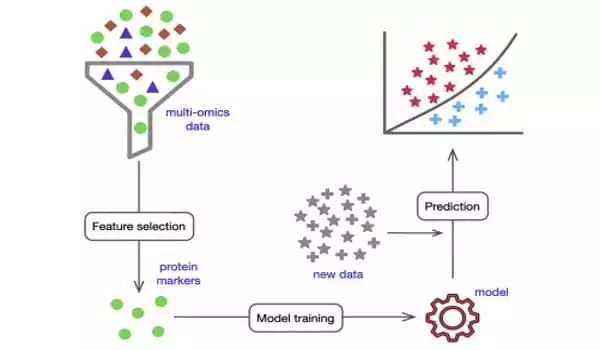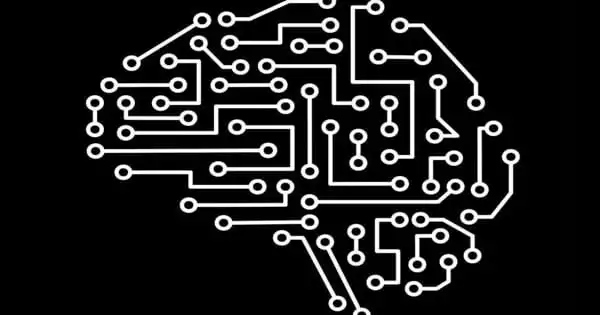Biomarkers, also known as biological markers, are indicators that can be used to identify a biological case or situation as well as detect the presence of biological activities and processes. Proteins are classified as biomarkers based on their properties. As a result, one of the most promising approaches in this field is proteomics.
Experts developed a deep neural network that detects peptide features in a dataset with 98 percent accuracy. This means that scientists and doctors have a better chance of discovering potential diseases through tissue sample analysis.
Researchers are working on a deep learning network that can detect disease biomarkers with much greater accuracy. Experts at the University of Waterloo’s Cheriton School of Computer Science have developed a deep neural network that detects peptide features in a dataset 98% of the time. This means that scientists and doctors have a better chance of discovering potential diseases through tissue sample analysis.
In our research, we created a deep neural network that detects peptide features in a dataset with 98 percent accuracy. We are working to improve disease detection accuracy in order to provide the best tools to healthcare practitioners.
Fatema Tuz Zohora
There are numerous techniques for detecting diseases by analyzing the protein structure of bio-samples that are already in use. Computer programs are increasingly playing a role in this process by analyzing the massive amounts of data generated by such tests in order to identify specific markers of disease.
“However, existing programs are frequently inaccurate or have limitations due to human error in their underlying functions,” said Fatema Tuz Zohora, a PhD researcher at the Cheriton School of Computer Science. “In our research, we created a deep neural network that detects peptide features in a dataset with 98 percent accuracy. We are working to improve disease detection accuracy in order to provide the best tools to healthcare practitioners.”

Peptides are amino acid chains that make up proteins in human tissue. These small chains are frequently found to contain disease-specific markers. Better testing means that diseases can be detected earlier and with greater accuracy.
PointIso is the name given by Zohora’s team to their new deep learning network. It is a type of machine learning or artificial intelligence that was trained on a massive database of existing bio-sample sequences. “Other methods for disease biomarker detection typically have a large number of parameters that must be manually set by field experts,” Zohora explained. “However, our deep neural network learns the parameters on its own, which is more accurate and automates the disease biomarker discovery approach.”
The new program is also unique in that it has been trained to identify biomarkers associated with a variety of diseases, including heart disease, cancer, and even COVID-19.
Proteins, among all of these types of biomarkers, can be very sensitive to being detected in a very small amount of a sample to diagnose a specific type of disease in its early stages. As a result, novel approaches, as well as new applications and techniques, were required to identify and discover reliable biomarkers for various types of diseases using proteins as biomarkers. Proteomics refers to one of the most promising approaches and techniques for identifying proteins as biomarkers for diseases.
“It can be used for any type of disease biomarker discovery,” Zohora said. “Because it is essentially a pattern recognition model, it can detect any small object within a large amount of data. There are numerous applications for medicine and science; it’s exciting to see the possibilities open up as a result of this research and how it can benefit people.”
It is critical for disease diagnosis and prognosis efforts to develop reliable methods for identifying robust biomarkers for complex diseases. Integrating multi-omics data with protein-protein interaction (PPI) networks to study diseases may aid in understanding disease characteristics at the molecular level.
















